These are some typical need-to-knows when you meet your child’s new friend for the first time. Not only do you need to get to know them, but you need to be sure you are taking good care of them, too.
With your child’s new friend, named autism, you should act as if you are introducing a new
member of the family. Be sure everyone in your household interacts similarly in order to
welcome them in and have everyone get well adjusted with this new member. The new friend is shy, and sometimes reacts differently than other children. He has particular habits and repeats the same behaviours constantly. “For someone on the highfunctioning
end of the autism spectrum, the result may be relatively mild challenges.
For someone with more severe symptoms, however, repetitive behaviors and lack of spoken language interfere with everyday life”, says Pete Pallarés, Founder at Center for Social Dynamics, an organization in charge of helping families with autistic children. Having an autistic child is a challenge without a doubt, but it’s also an opportunity to explore ways to learn from a different perspective how people with difficulties can still interact and live in this world being respected, having success and enjoying life.
One of the things families have to know is what’s good and what isn’t good for a child with
autism. If you find your child handflapping, rocking, jumping and twirling, arranging and
rearranging objects, and repeating sounds, words or phrases, these could be signs to see your doctor. “The earlier you see your doctor, the more help your child can get. Most families think these behaviours are a part of their personality, but the best way to find out is to ask a doctor’s advice”, explains Pallarés. If you know how your child’s friend, autism reacts, you can better handle your newfound relationship and try to enjoy every moment.
The three of you will be a team forever.
Pete Pallarés
CEO at Center for Social Dynamics.
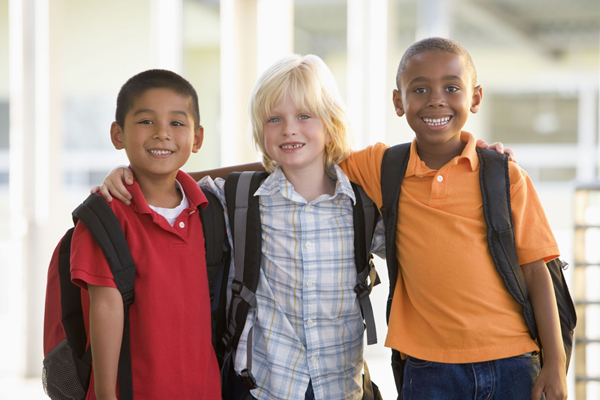
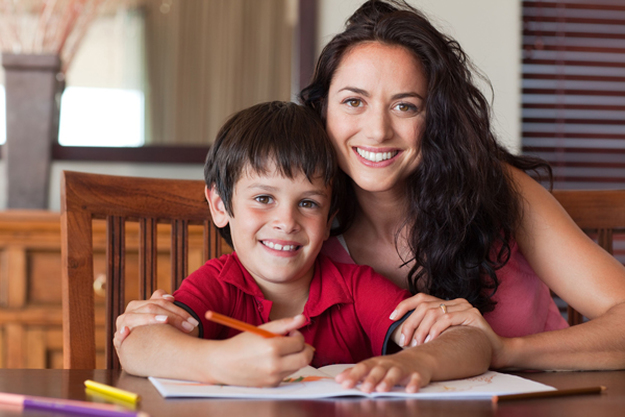
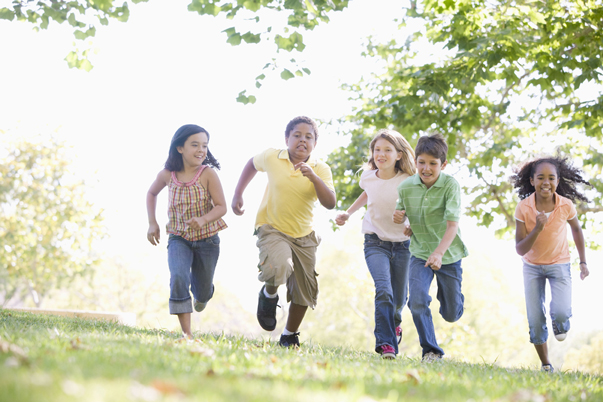



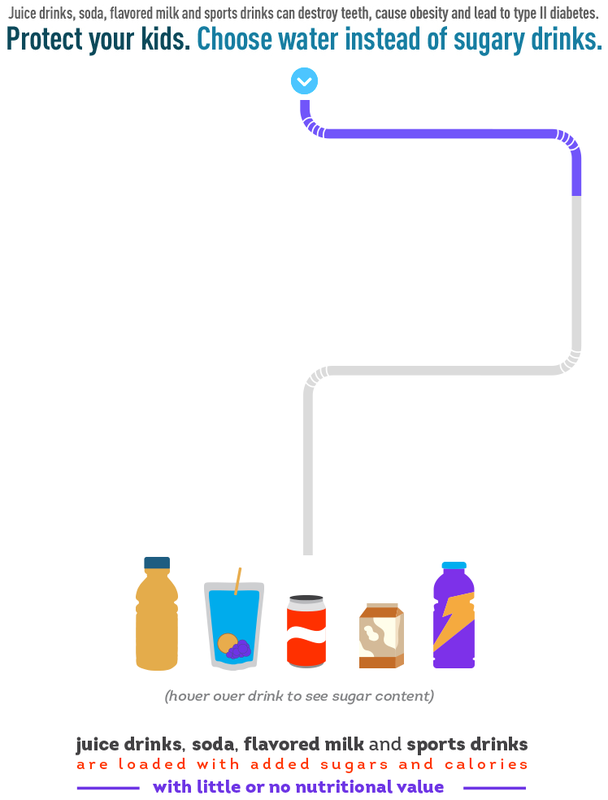
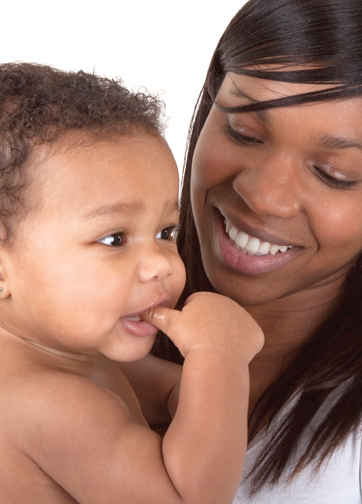
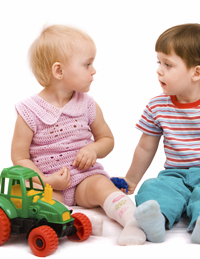
 RSS Feed
RSS Feed